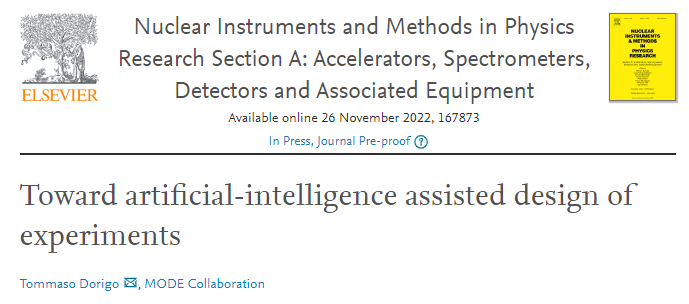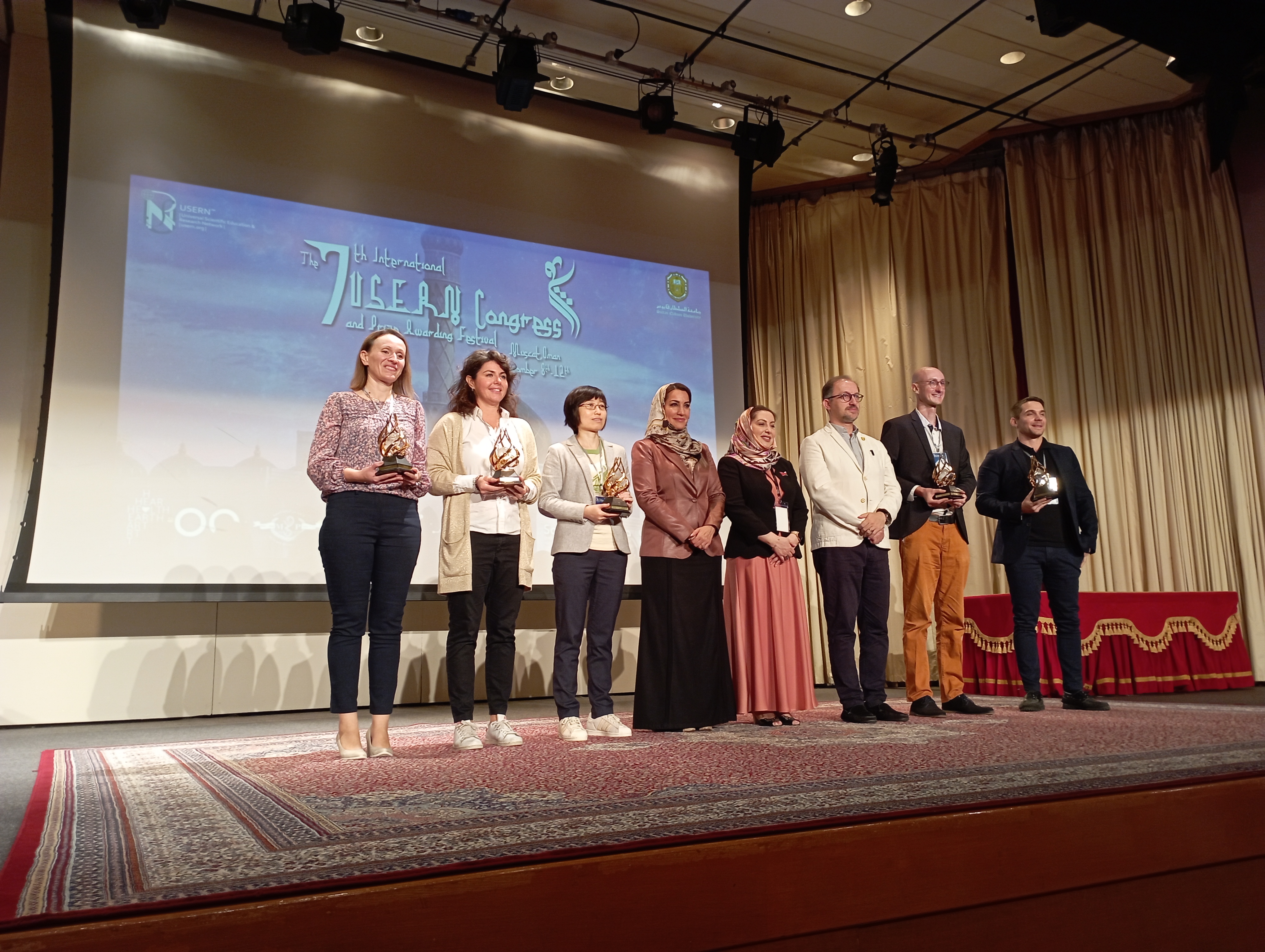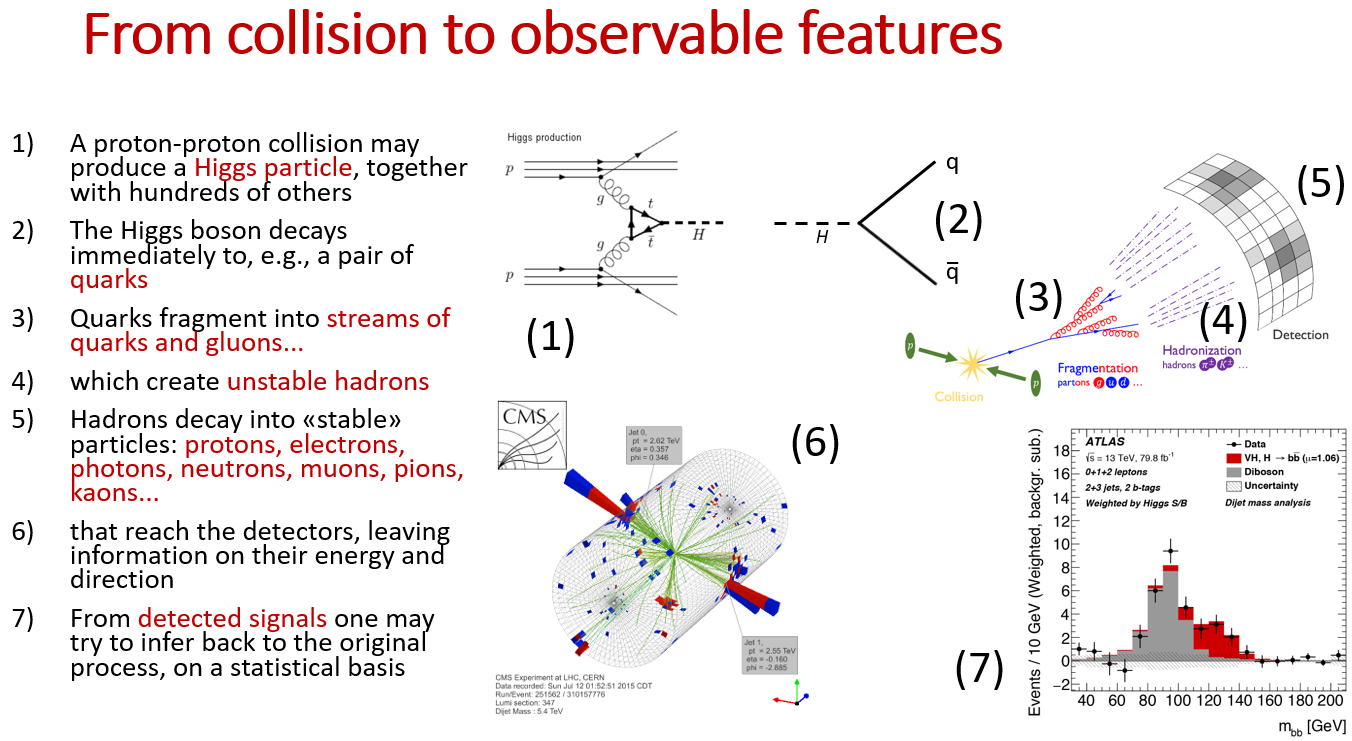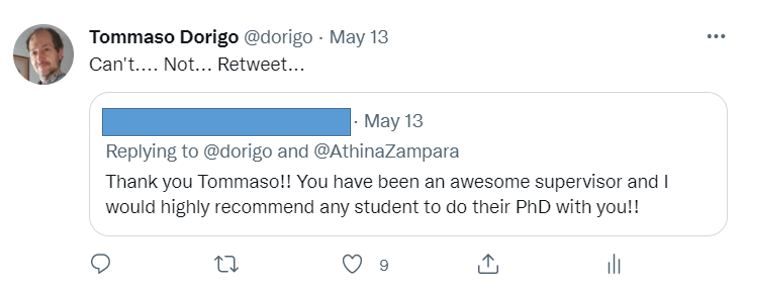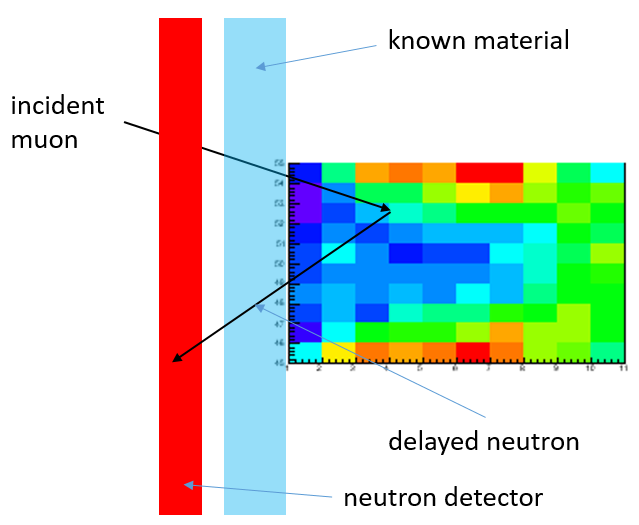 Conferences Good And Bad, In A Profit-Driven Society
Conferences Good And Bad, In A Profit-Driven SocietyNowadays researchers and scholars of all ages and specialization find themselves struggling with...
 USERN: 10 Years Of Non-Profit Action Supporting Science Education And Research
USERN: 10 Years Of Non-Profit Action Supporting Science Education And ResearchThe 10th congress of the USERN organization was held on November 8-10 in Campinas, Brazil. Some...
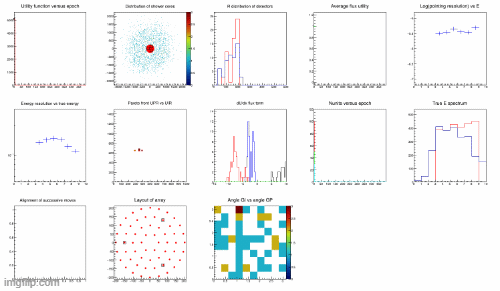 Baby Steps In The Reinforcement Learning World
Baby Steps In The Reinforcement Learning WorldI am moving some baby steps in the direction of Reinforcement Learning (RL) these days. In machine...
 Restoring The Value Of Truth
Restoring The Value Of TruthTruth is under attack. It has always been, of course, because truth has always been a mortal enemy...



